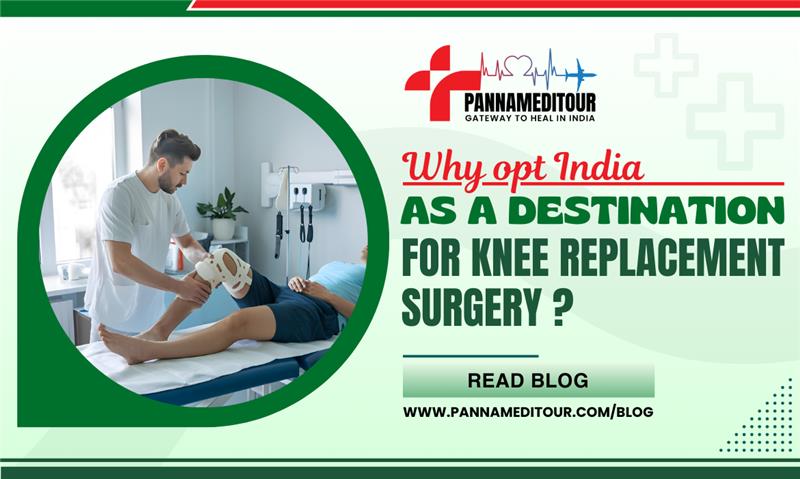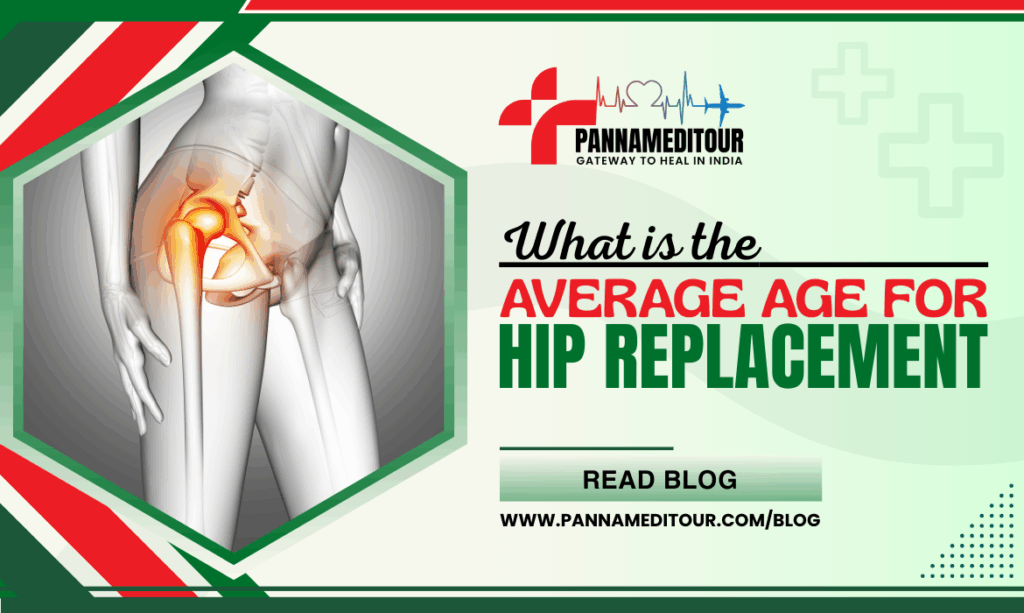Looking for the Best Cardiologist in India? Here's Why the World Trusts Them.
Heart disease continues to be a major global health concern. However, when it comes to high-quality and affordable cardiac care, India is home to some of the best cardiologists in the world. Patients from across the globe now travel here to consult the Best cardiologist in India for better care.
With high success rates and affordability, India has become a medical tourism hub for cardiac care. According to India Today, India ranks among the top 5 global destinations for heart procedures.
According to the WHO, four out of five heart disease deaths are due to heart attacks and strokes, and one-third of these deaths occur prematurely in people under 70 years of age.
Whether you need a stent, bypass surgery, or advanced intervention like TAVR or heart transplant, India has become a trusted destination for patients around the world.
In this blog, we’ll break down the reasons why Indian cardiologists are so highly respected globally, what makes India a hub for heart treatment, and how patients (both local and international) benefit from their care.
Who Are Cardiologists and What Do They Do?
A cardiologist is a heart specialist who diagnoses and treats heart and blood vessel conditions. From managing high blood pressure to treating heart attacks, they ensure your heart stays healthy and strong with expert care.
Common Conditions Treated by Cardiologists:
- Coronary artery disease
- Heart failure
- Irregular heart rhythms (arrhythmias)
- Heart attacks and strokes
- Structural heart defects
- Congenital heart diseases
Cardiologists can also specialize further into:
- Interventional cardiology (stents, angioplasty)
- Electrophysiology (pacemakers, arrhythmia treatment)
- Pediatric cardiology
- Cardiothoracic surgery
In India, many cardiologists are trained in super-specialties and follow global treatment protocols, making them comparable (and sometimes superior) to their counterparts in the US, UK, or Europe.
What Makes Indian Cardiologists So Respected?
Rigorous Training & Global Exposure
Indian cardiologists undergo extensive training, including MBBS, MD (Internal Medicine), and DM (Cardiology), which often takes over 10–12 years.
Many also:
- Train or work in the USA, UK, Germany, or Canada
- Earn international fellowships (FACC, FSCAI, FRCP)
- Stay updated through global medical conferences and publications
This global exposure means they are not only highly skilled but also up to date with the latest technology, procedures, and evidence-based care.
Understanding Cardiology and Its Role in Healthcare
Cardiology is the branch of medicine that deals with disorders of the heart and parts of the circulatory system. Timely diagnosis and treatment are crucial for conditions such as:
- Coronary Artery Disease (CAD)
- Congenital Heart Defects (common in newborns)
- Heart Rhythm Disorders (Arrhythmias)
- Cardiomyopathy
- Hypertension and Heart Failure
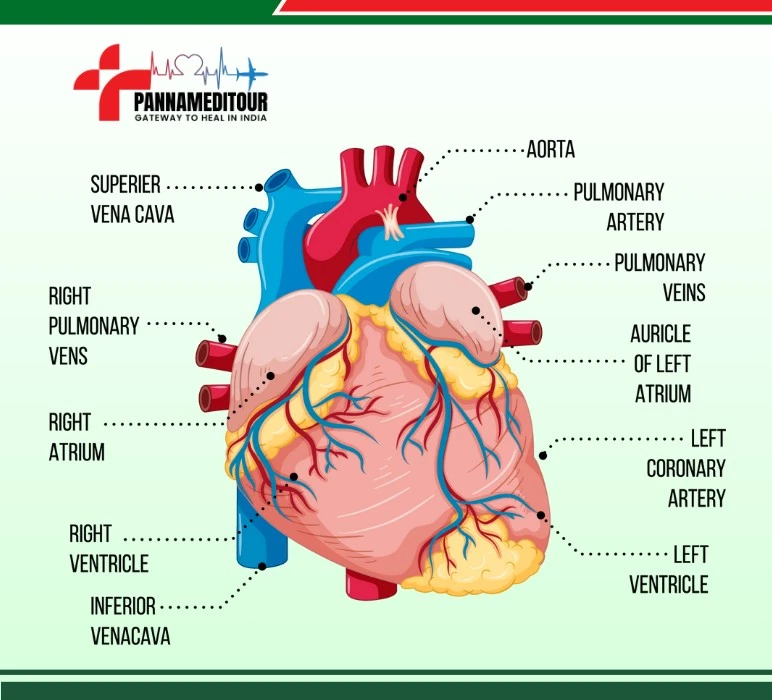
Who Needs Cardiology Treatment?
Heart-related conditions can affect people at any stage of life. Here’s a quick overview by age group:
| Age Group | Common Cardiac Conditions |
|---|---|
| Newborns & Infants | Atrial/Ventricular Septal Defects, blocked arteries |
| Children & Teens | Congenital abnormalities, rheumatic heart disease |
| Adults | Hypertension, coronary artery blockages, and valve disorders |
| Seniors | Heart failure, arrhythmias, and age-related atherosclerosis |
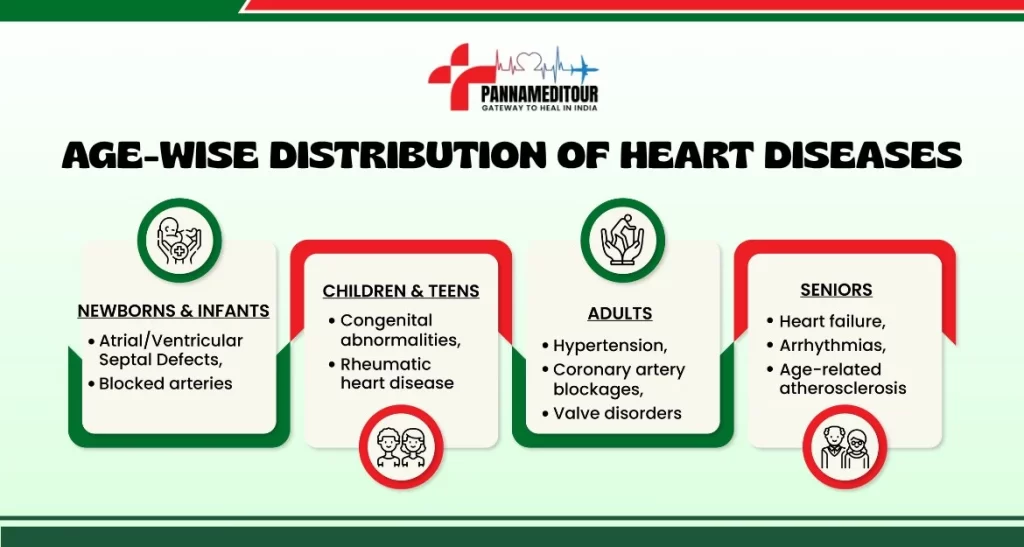
Heart Health for Different Age Groups
| Age Group | Heart Health Focus | Key Recommendations |
|---|---|---|
| Teens & 20s | Foundation & prevention | Start active habits, eat fiber-rich foods, and reduce junk food |
| 30s & 40s | Monitoring & control | Check cholesterol, avoid stress, and stay physically active |
| 50s & 60s | Monitoring & control | Include supplements, limit alcohol, manage weight, and BP |
| 70+ | Maintenance & support | Mild exercise, monitor medications, prioritize whole foods |
Heart Tests to Keep in Check
Make these routine checks a part of your preventive healthcare:
- Lipid Profile (cholesterol levels)
- ECG or EKG
- Blood Pressure Monitoring
- C-Reactive Protein (CRP) for inflammation
- Echocardiogram if advised
- Blood Sugar Levels (linked to diabetes and heart risk)
There has been an increase in heart attack deaths over the past three years, possibly linked to the lasting effects of the COVID -19 pandemic in India. Recent data from the National Crime Records Bureau (NCRB) reveals a significant 12.5% rise in heart attack cases in 2022 alone.
Regular heart monitoring isn’t just for the elderly or those with symptoms, it’s for everyone. Early detection can save lives. Prioritize your heart health with timely checkups and lifestyle changes.
Lifestyle Tips for a Happy Heart
Stay Active
- 150 minutes of moderate exercise weekly can significantly reduce heart risk.
- Try brisk walking, cycling, swimming, or dance workouts.
Manage Stress
- Practice yoga, deep breathing, and meditation to reduce cortisol levels.
- Chronic stress is a silent killer for heart health.
Quit Smoking
- Within 1 year of quitting, your risk of coronary heart disease drops by 50%.
Sleep Smart
- Aim for 7–8 hours of uninterrupted sleep. Poor sleep is linked to hypertension and heart problems.
Top Cardiac Procedures Available in India
India offers a full spectrum of invasive and non-invasive cardiac procedures using internationally accepted protocols:
- Angiography & Angioplasty: Diagnosing and treating blocked arteries
- Bypass Surgery (CABG): Creating alternative pathways for blood flow
- Valve Repair & Replacement: Open-heart or transcatheter procedures
- Pacemaker/ICD Implantation: Managing abnormal heart rhythms
- Pediatric Cardiac Surgeries: Repairing congenital heart defects in children
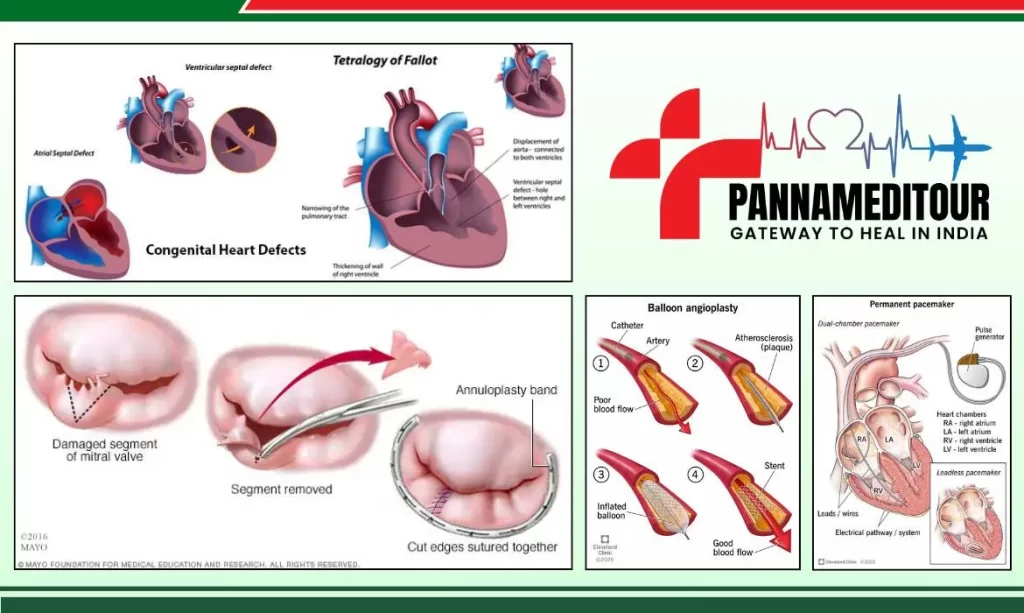
Why India Stands Out in Cardiac Care
India’s healthcare ecosystem stands out in the world of cardiac care for several compelling reasons:
Highly Qualified Cardiologists
Many Indian heart specialists have trained in the US, UK, or Europe and bring global expertise to the table.
Advanced Technology
Hospitals are equipped with robotic surgery tools, AI-driven diagnostics, and 3D mapping for arrhythmias.
Cost-Effective Treatment
Cardiac surgery in India can cost up to 60 % less compared to Western countries without compromising quality.
Minimal Waiting Period
Fast-track appointments and surgeries are common, reducing risk during critical timelines.
Holistic Aftercare
Cardiac rehab, physiotherapy, mental wellness, and nutrition counseling are all integrated into postoperative care.
Top NABH -Accredited Cardiology Hospitals in India for World-Class Heart Care
Here are some of the top-rated hospitals offering world-class cardiac services.
| Hospital | Questions | Location(s) |
|---|---|---|
| Fortis Hospitals | Want to consult the best doctors at Fortis? Contact Panna Meditour | New Delhi, Noida, Mumbai, Gurugram |
| Fortis Escorts Heart Institute | Looking for expert heart surgeons with proven results? Reach out via Panna Meditour | New Delhi 110025 |
| BLK-Max | Need affordable heart surgery at a leading Delhi hospital? Contact Panna Meditour | New Delhi 110005 |
| Manipal Hospitals | Planning treatment with top cardiac specialists in South India? Speak to Panna Meditour | Delhi, Goa, Mysore, Bangalore, Gurugram, Jaipur, Mangalore, Ghaziabad, Pune |
| BM Birla Heart Research Centre | Explore trusted heart care in Kolkata with expert teams. Ask Panna Meditour | Kolkata 700027, West Bengal |
| Tender Palm Super Speciality Hospital | Seeking budget-friendly cardiac care with quality? Talk to Panna Meditour | Lucknow, Ahmamau, Uttar Pradesh 226001 |
| Artemis Hospital Gurugram | Want world-class cardiac treatment in Gurgaon? Ask Panna Meditour | Gurugram, Bindapur, Haryana 122001 |
Cost Comparison: India vs. Western Countries
| Procedure | India (USD) | USA (USD) | UK (USD) |
|---|---|---|---|
| CABG Surgery | $4,500–$13,000 Approx | $90,000–$200,000 Approx | $40,000–$100,000 Approx |
| Valve Replacement | $6,000–$9,000 Approx | $80,000–$200,000 Approx | $45,000–$90,000 Approx |
| Pacemaker Implantation | $3,500–$6,000 Approx | $35,000–$50,000 Approx | $20,000–$40,000 Approx |
| Heart Transplant | $31,000–$52,000 Approx | $1,000,000+ Approx | $750,000+ Approx |
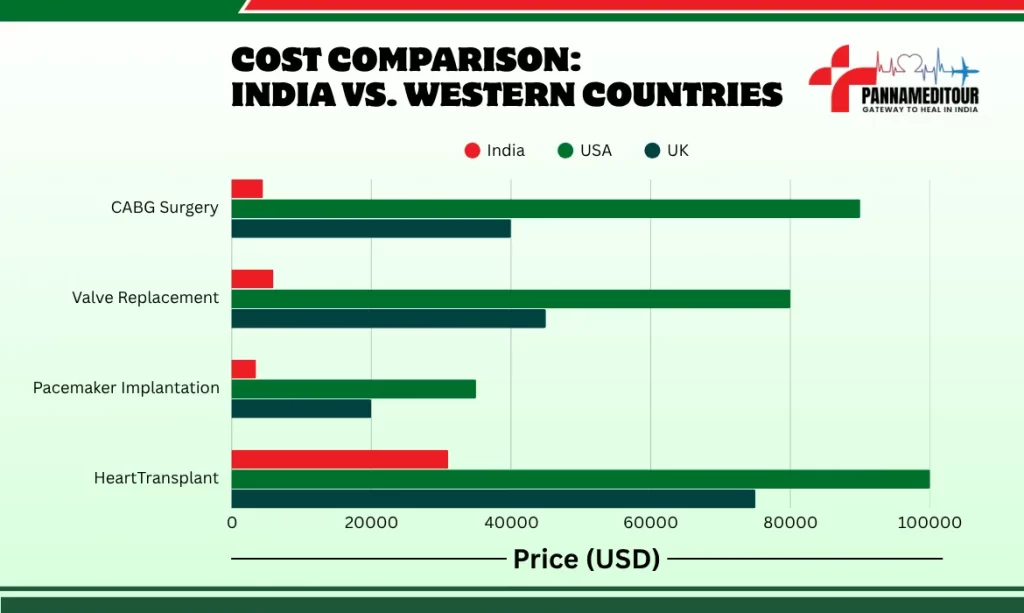
Innovations in Indian Cardiology
India is at the forefront of adopting advanced cardiac technologies:
- TAVR (Transcatheter Aortic Valve Replacement): A minimally invasive valve replacement technique.
- Robotic-Assisted CABG: Enhances precision and reduces recovery time.
- Cardiac MRI & 3D Echo: Provides detailed imaging for accurate diagnosis.
- Wearable ECG Devices: Facilitate continuous monitoring of heart rhythms.
These innovations make Indian cardiology both affordable and cutting-edge.
Global Cardiac Surgery Trends
According to the American Heart Association’s 2025 Heart Disease and Stroke Statistics Update, cardiovascular diseases remain the leading cause of death globally. Advancements in surgical techniques and postoperative care have improved survival rates and quality of life for patients undergoing cardiac procedures. professional.heart.org
Thinking About Heart Treatment in India?
Whether you need a second opinion or a major heart procedure, India offers expert care you can trust. You’ll find world-class hospitals, top cardiologists, and affordable treatment options all in one place.
- Ask your doctor about traveling for treatment
- Choose hospitals with NABH or JCI accreditation
- Book a virtual consultation with a heart specialist
- Compare treatment plans and recovery options
Indian doctors are transforming lives around the world, and you could be next.
Your Path to Better Heart Health Starts Here. Ready to Take the First Step? Let’s Talk
Experience safe, affordable, and supportive care every step of the way.
Frequently Asked Questions (FAQs)
1. What is the recovery time after heart surgery?
Typically, 6 to 12 weeks, depending on the surgery type and individual health.
2. Are there risks associated with cardiac surgery?
Yes, risks include infection, bleeding, and reaction to anesthesia. However, advancements have significantly reduced these risks.
3. Can lifestyle changes reduce the need for surgery?
In some cases, yes. Diet, exercise, and medication can manage heart conditions, but surgery may be necessary for severe cases.
4. Is cardiac surgery covered under health insurance?
Most health insurance plans cover cardiac surgeries, but it’s essential to check specific policy details.
5. How do I choose the right hospital for surgery?
Consider factors like hospital accreditation, surgeon experience, patient reviews, and available facilities.
6. What is the cost difference between public and private hospitals in India?
Public hospitals often offer subsidized rates, while private hospitals may charge higher fees for added amenities and shorter wait times


